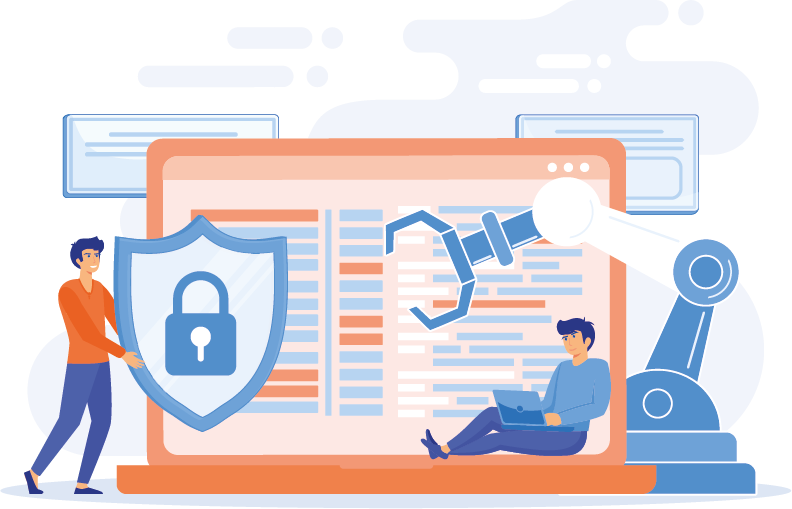
24 Feb The Top Security Threats to Your WordPress Website
WordPress is one of the most popular content management systems used to build websites today, and with its popularity comes an increased risk of security threats. In this blog, we’ll discuss the top security threats to your WordPress website and how to protect your site from them.
- Brute force attacks A brute force attack is an attempt to guess your WordPress website’s username and password by trying multiple combinations until the correct one is found. This is the most common type of attack on WordPress sites. To prevent this, use strong passwords and limit login attempts to prevent multiple guesses.
- Malware and viruses Malware and viruses can infect your WordPress website through plugins, themes, or other vulnerabilities. Once infected, your site can be used to spread malware or steal sensitive information. Keep your WordPress core, themes, and plugins up-to-date to avoid vulnerabilities that can be exploited.
- SQL injections are attacks where hackers use a vulnerability in your WordPress website’s code to inject malicious SQL code into your database. This can result in data loss, data corruption, or unauthorized access to sensitive information. Keep your WordPress website and plugins up-to-date to ensure that any known vulnerabilities are patched.
- Cross-site scripting (XSS) Cross-site scripting (XSS) attacks are when hackers inject malicious code into your website’s content to redirect users to a malicious site or steal sensitive information. Use plugins and themes from reputable sources and keep them up-to-date to prevent XSS attacks.
- DDoS attacks A distributed denial-of-service (DDoS) attack is when hackers flood your website with traffic, causing it to crash or become unavailable to legitimate users. Use a reputable web hosting provider that can handle large traffic volumes and has DDoS protection in place.
In conclusion, there are several security threats that can affect your WordPress website, but by following security best practices, you can reduce your risk of being hacked. Always keep your WordPress core, themes, and plugins up-to-date, use strong passwords, limit login attempts, and use reputable hosting providers and plugins to protect your website. Regularly monitoring your website for suspicious activity can also help you identify and address security threats before they cause significant damage.